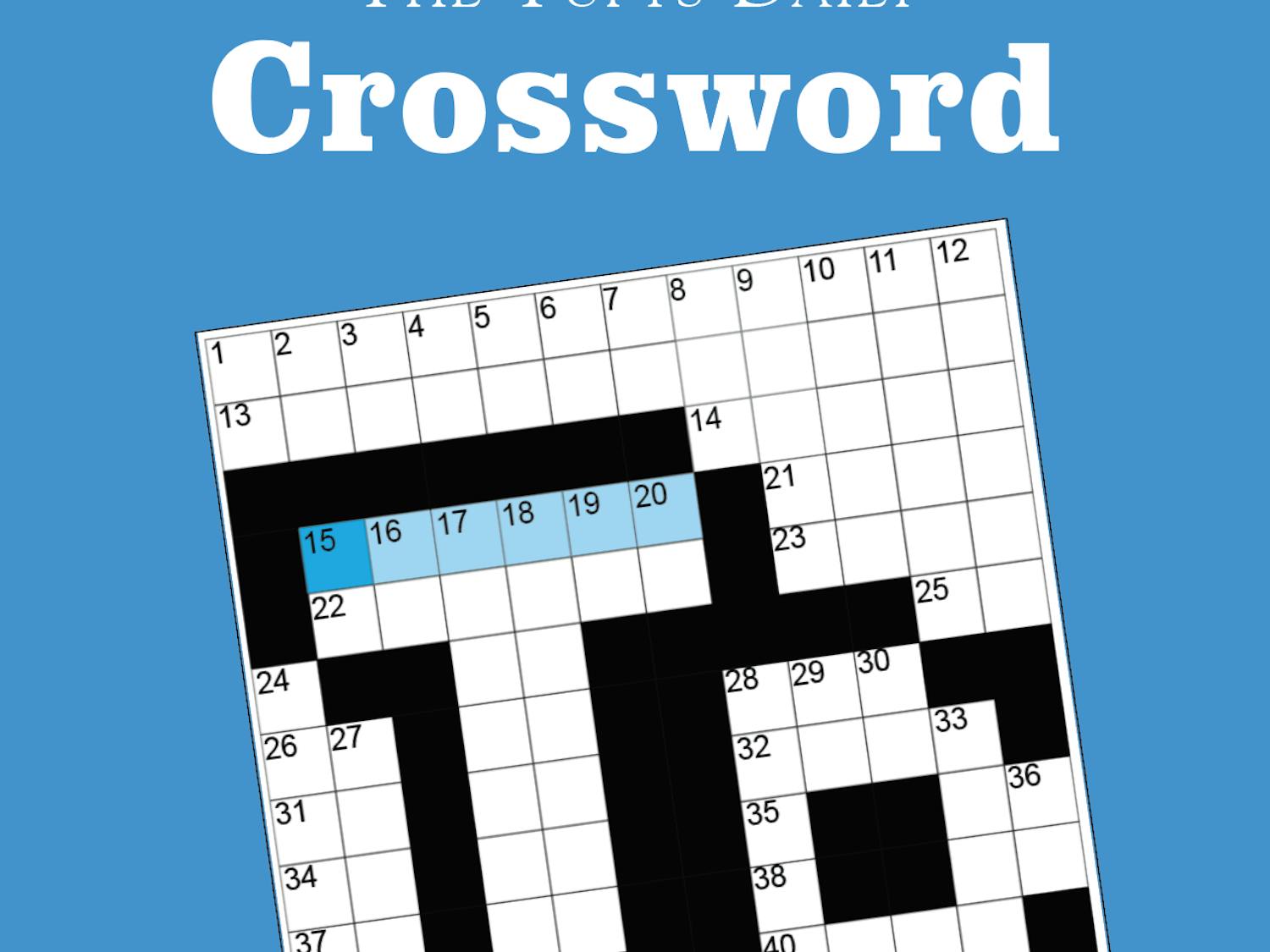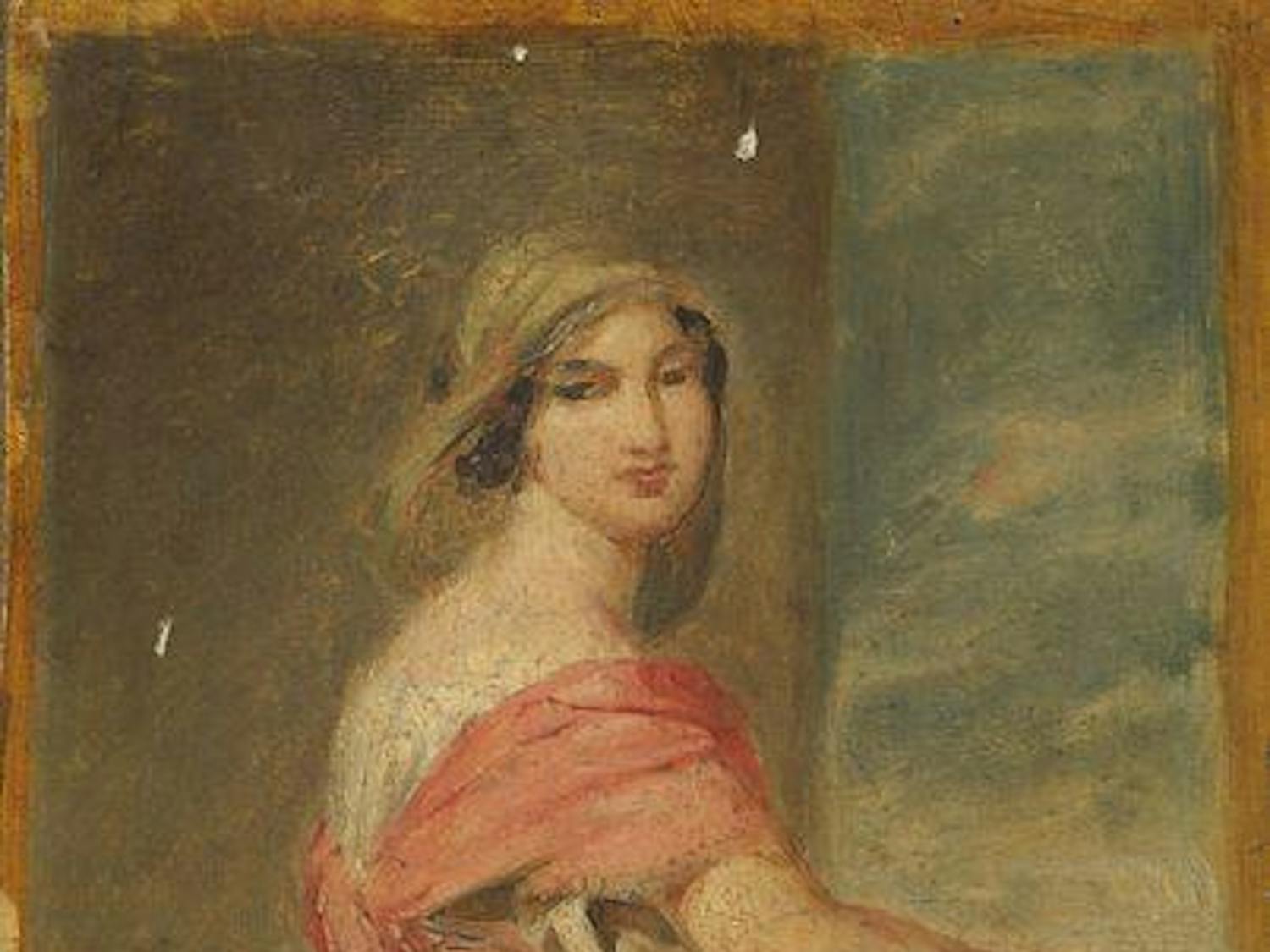Looking for Love?
By Max Lerner | April 24Bowen’s Gate, a local landmark of love, looms large over Packard Avenue. Legend has it that if you kiss someone under the arch, you’ll marry them. Think of how many hearts have been forever joined right where you rush through to class. These days, instead of stepping under Bowen’s Gate, you’d have better luck stepping into the world of dating apps. Since their founding in the early 2010s, dating apps like Hinge and Tinder have swept the scene, seeming to replace any other way to meet partners. For some, the deluge of profiles leads to lasting matches; for many others, it begets fatigue, disillusionment and, ultimately, deletion. Tinder’s signature flame stamps many of our phones, but is the app only leaving us worn out?












